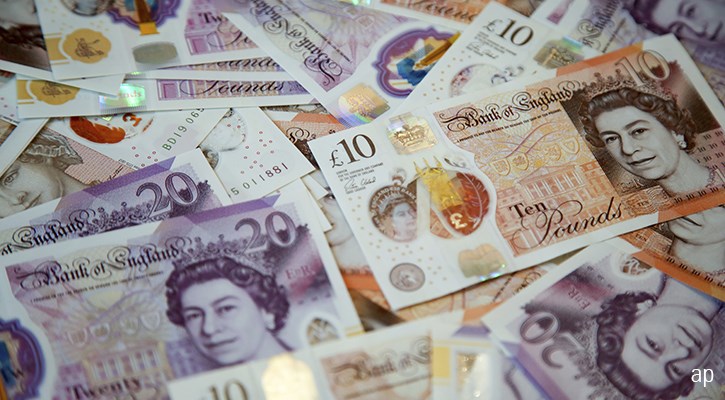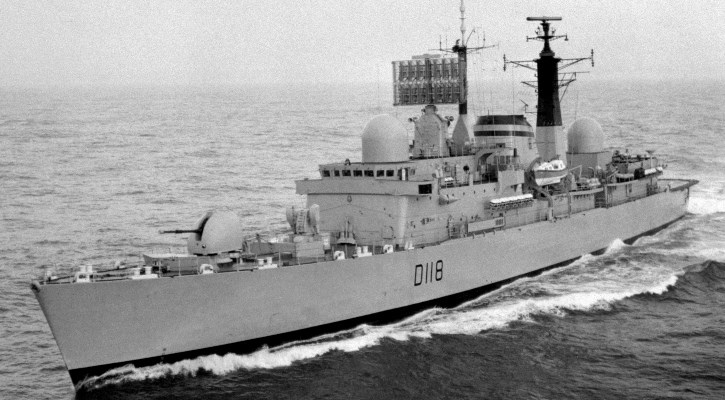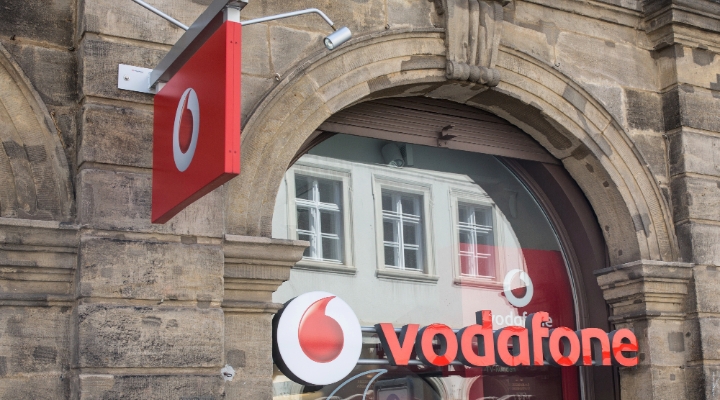
The first working week of the year is nearly over, so what did we learn? Here is your first instalment of "10 Things We Learned This Week" for 2022.
Turkey is a Sitting Duck on Inflation
In our roundup of all the news that broke during the Christmas break, we noted that Turkey is in the midst of an inflation crisis. Prices have increased by as much as 36% there, a 19-year high. Traditional logic would dictate an interest rate rise is on the cards, but its president, Recep Erdoğan, has declared interest rates “the mother and father of all evil”.
The US Recovery is Far From Over
Despite a GDP slowdown in the third quarter of 2021, along with rising concerns around inflation and the new omicron coronavirus variant, we think the US economic recovery is far from over. In this note on the country’s economic prospects in 2022, Morningstar analyst Preston Caldwell says “durable goods (namely vehicles) along with energy are driving the bulk of US inflation, but we expect these factors to be resolved as supply catches up with demand”.
One Bank Thinks House Prices are About to Slow
House price growth is likely to slow considerably in the next 12 months, according to high street bank Halifax. Last month, house prices grew by a huge 9.8%, but that party is not set to continue, the lender said. The average property price now stands at £276,091, an increase of more than £24,500 on December 2020 levels. It’s the biggest rise in cash terms since March 2003, when Blair was prime minister and England won the Rugby World Cup.
People are Still Really Into Caviar
Repeated lockdowns spelled disaster for hospitality and restaurant businesses large and small, but amid all the chaos there has been an unlikely comeback story. Those who can afford to are enjoying their caviar in the comfort of their own homes. US business Sterling Caviar, which owns four caviar “farms”, is the US’s largest caviar producer, and has said its sales leapt 10% in 2021.
The UK Government is Worried About Hostile Actors
As Morningstar UK’s senior editor James Gard explored in this piece, Whitehall is talking tough on the involvement of “hostile actors” in mergers and acquisitions, and it isn’t referring to Laurence Fox’s latest controversial tweet about Covid-19. Rather, the government is joining a host of other countries concerned that foreign powers could not-so-subtly park their tanks on its lawn via business deals. Our explainer tells you more.
There's (Hopefully) No Need to Flap About Bird Flu
As if we needed another medical issue to worry about, there has been a case of bird flu in Devon. A man who adopted Muscovy ducks is now isolating but is not ill, after his ducks got sick. Don't worry too much though. The UK’s Health Security Agency says it is “extremely rare” for avian influenza to be passed from animals to human beings.
Rivian Could Be a Buy
Back in November, electric vehicle manufacturer Rivian went public, seemingly confirming the world’s interest in the potential of green transport. Rivian stock soared upon its trading debut, gaining over 50% to reach $119.38 per share. But life as a public company is not smooth sailing. This week, Rivian’s stock slid to below IPO price after Amazon signed a vehicle deal with car manufacturer Stellantis NV. Buying opportunity?
China Funds Took a Beating in 2021
China funds took a beating last year, as Morningstar data journalist Sunniva Kolostyak showed in her analysis of the top and bottom performing funds of 2021. Indeed, the worst-performing fund of last year was UBS’s China Opportunities, which returned -24.66% over the twelve months. Surprising nobody, energy funds had a bumper year, cashing in on price rises and supply shortages.
Inflation is as Much About The When as The What
Comment pieces by Morningstar’s John Rekenthaler are always worth a read, but his look at inflationary scenarios this week showed that the timing of inflation is as important for portfolios and drawdown customers as the level of inflation itself. This is a must-read for anyone concerned about building a sustainable retirement plan that will see them through their golden years.
Visa May Be Vulnerable
The bullish may say that Visa has a commanding position in the electronic payments world, and that consumer demand means the topic still has plenty of life left in it. But the company faces unique challenges. It is an obvious target for regulators and governments, who may act to limit its expansion. Trying to decide whether to buy? Read our note on the company here.





























